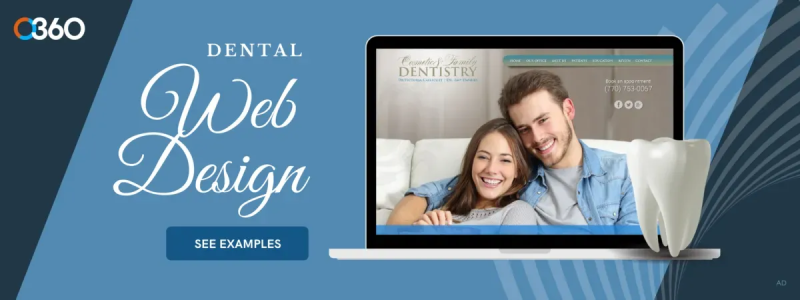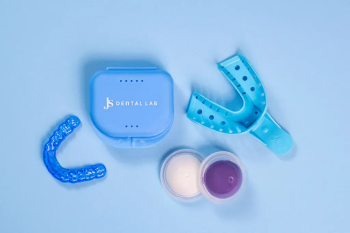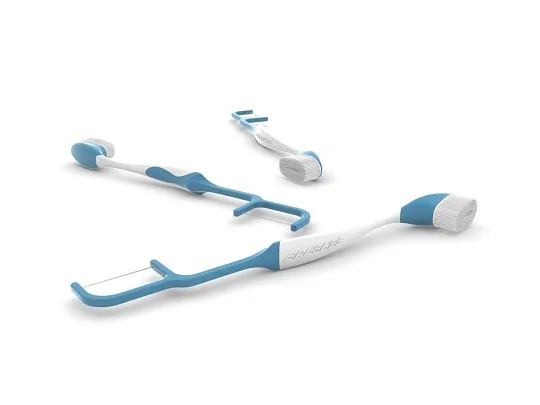Our teeth are an essential part of our daily lives, and keeping them healthy is essential for our overall well-being. Regular dental checkups and cleanings are essential to prevent cavities, gum disease, and other oral health issues. Not only do regular checkups and cleanings help keep your teeth and gums healthy, but they can also help detect other health problems that you may not be aware of. From simple preventive treatments to complex restorative treatments, regular dental visits are essential for maintaining a healthy, attractive smile. With the help of a qualified dentist, you can be sure that your smile will look its best for years to come.
What is the importance of regular dental checkups and cleanings?
Regular dental checkups and cleanings help your dentist identify and treat any dental problems while they are still small and easy to solve. During a dental examination, your dentist will examine your teeth and gums for evidence of dental disease. Your dentist may use dental tools to take x-rays for a better view of your teeth. This information can help your dentist determine the best treatment for you. Dental checkups and cleanings can also help your dentist identify early signs of other health problems, like diabetes, heart disease, and some cancers. This is important because your mouth can be a window into your overall health. Dental problems can be an early warning sign that something may be wrong with your health. Regular dental visits can help you catch and treat these problems as early as possible, which may prevent more serious consequences.
How to Properly Care for Your Dentures
Benefits of regular visits to the dentist

Regular dental visits offer many benefits. These benefits include early detection of dental issues, a chance to improve your oral health, and an opportunity to discuss other health concerns with your dentist. During your dental visits, your dentist can identify cavities, gingivitis, and other dental problems while they are still small and easy to treat. Early detection of oral health issues can save you time, discomfort, and money in the long run. Regular dental visits also provide an opportunity to improve your oral health. Many dental issues can be treated with simple, painless procedures that can improve your oral health. Dental hygienists can also provide valuable oral health services at regular dental visits, including teeth cleaning and teeth whitening.
Common dental problems
Teeth and gums can be affected by a variety of dental issues, even if you practice great oral hygiene. Some of the most common dental problems include cavities, gum disease, and an increased risk of oral cancer. Cavities occur when bacteria found in your mouth combine with sugar to create a sticky substance that damages teeth. Cavities are a common dental problem, and can usually be easily treated with a filling or a root canal. Gingivitis is an early-stage gum disease that can lead to periodontal disease if not treated. This problem can usually be treated with daily brushing, flossing, and mouthwash. Oral cancer is a rare but serious condition that can be fatal if not caught early. Signs of oral cancer include a lump or thickening in the mouth, a change in the way your teeth fit together, or a change in the way your teeth look.
How often should you go to the dentist?
The American Dental Association recommends a schedule of regular dental visits, especially for people who are at risk for oral health problems. Adults should visit their dentist at least once every year. If you are a high-risk patient, you may need to visit more often. As you age, you may notice that dental problems become more common due to reduced saliva flow, weaker dental tissues, and a greater risk of gum disease. Children should see a dentist as soon as their teeth start to come in. Younger children may need to visit the dentist more often because they may not understand how to care for their teeth properly. Your dentist will work with you to create a dental care schedule that works best for you.
Common treatments and procedures
The treatment you receive during your dental visit will depend on the diagnosis your dentist makes. If your dentist finds evidence of tooth decay, he or she may recommend a teeth cleaning, a fluoride treatment, or a teeth restoration. If your dentist finds signs of gum disease, he or she may recommend a teeth cleaning and a topical treatment. These treatments can help you avoid more serious oral health issues. If you have dental insurance, you may be able to use it to receive additional treatments. Your dentist will be able to help you understand your dental insurance coverage and find out what treatments are covered.
Tips for preventing dental problems

Maintaining good oral health is the best way to prevent dental problems. Daily teeth cleaning and flossing are important daily habits that can help prevent cavities and gum disease. Brushing twice daily and flossing once a day can help remove plaque, the sticky substance that can damage teeth. Fluoride treatments can also help prevent cavities. Regular exercise can improve your oral health by increasing saliva flow, which can reduce the risk of cavities. Eating a healthy diet that includes plenty of fruits and vegetables can help prevent dental diseases by providing essential vitamins and minerals for healthy teeth and gums. Avoiding tobacco products can help reduce the risk of oral cancer.
Signs of a good dentist
A good dentist should be someone who is approachable, knowledgeable, and sensitive to your needs. You should feel comfortable discussing your concerns and asking questions during each visit. When choosing a dentist, think about your dental health history, your insurance coverage, and the dentist’s education and experience. Your dentist’s location and office hours may also be important factors. When choosing a dentist, it’s important to make sure they are accredited by the American Dental Association (ADA). You can also check out the dentist’s reviews online. These reviews can give you valuable insight into your dentist’s strengths and weaknesses.
Ways to reduce dental costs
A dental insurance plan can help you lower your dental costs by covering a portion of your dentist’s services. Finding a dental plan that works best for your needs may require some research, but it can be worth it. You may want to consider shopping around for dental plans. You may also want to ask your employer if dental plans are offered as a benefit. You may also be able to reduce your dental costs by shopping around for dental services. You may be able to find lower-cost dental services, like teeth whitening or teeth cleaning, from independent dental clinics or online services. You may also be able to negotiate lower dental costs by contacting your dentist directly.
Things to consider when choosing a dentist
When choosing a dentist, make sure you find one that is right for you and your needs. Think about your dental health history, your insurance coverage, and the dentist’s education and experience. Your dentist’s location and office hours may also be important factors. You may also want to consider the services your dentist offers. Does your dentist provide the oral health services you need, such as teeth cleanings, teeth whitening, and teeth fillings? Is your dentist able to provide dentures, dental implants, and other advanced dental procedures?
Questions to ask your dentist
When you visit the dentist, you should ask questions about your oral health and dental procedures and treatments. You should especially ask questions if you are a high-risk patient or have specific oral health concerns. During your dental visits, ask your dentist the following questions:
- What are the signs of early-stage gum disease?
- What are the signs of cavities and dental decay?
- What is the best way to brush my teeth?
- What are the best ways to floss?
- How often should I visit the dentist?
- What dental treatments do you recommend?
- How can I decrease my dental costs?
- What are the benefits of dental insurance?
These questions can help you get all the information you need to keep your smile healthy and attractive.
Conclusion
Regular dental checkups and cleanings can help you stay healthy and catch dental problems early. With the help of a qualified dentist, you can be sure that your smile will look its best for years to come.



